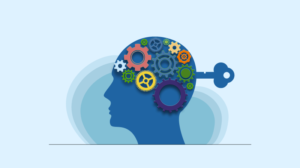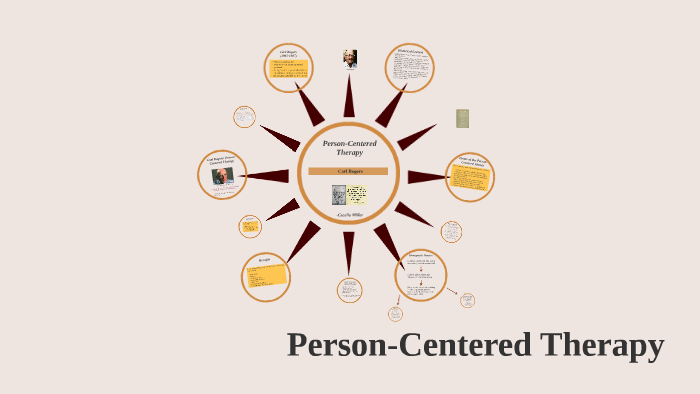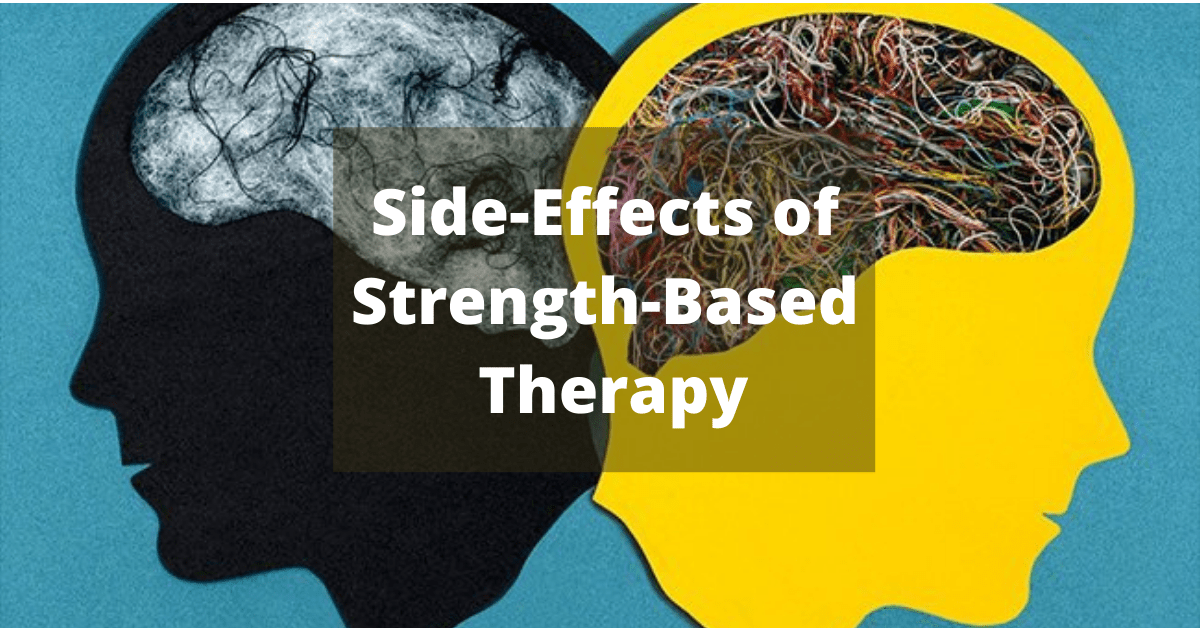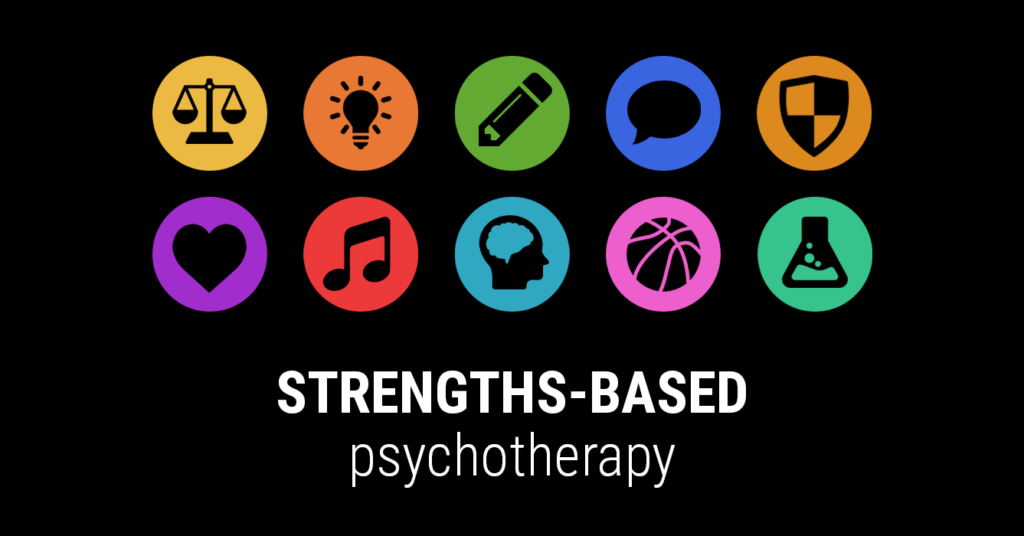Strength-based therapy is a type of counseling that focuses on building the individual’s strengths. It was created by psychologist Tom Greening, who believed that using one’s own strengths to address weaknesses would be more successful than traditional approaches. Strength-based therapy can be used for both mental and physical challenges, such as depression or injury rehabilitation. In this blog post, we will discuss how strength-based therapy works. It also has some examples of what it can do for you.
Contents
What Is Strength-Based Therapy?
 Strength-based therapy is a therapeutic approach that works with people who are struggling to find positive life changes. It focuses on the individual’s qualities, abilities, and skills. Strength-based therapists seek to empower their clients. This is by helping them develop positive self-esteem and gain confidence in what they can accomplish. This kind of treatment differs from other approaches. This focuses more on symptoms or pathology rather than an overall goal for change. By focusing on strengths instead of weaknesses, strength-based therapies work towards improving relationships. This is between individuals and within communities as well as increasing personal satisfaction at work or school.
Strength-based therapy is a therapeutic approach that works with people who are struggling to find positive life changes. It focuses on the individual’s qualities, abilities, and skills. Strength-based therapists seek to empower their clients. This is by helping them develop positive self-esteem and gain confidence in what they can accomplish. This kind of treatment differs from other approaches. This focuses more on symptoms or pathology rather than an overall goal for change. By focusing on strengths instead of weaknesses, strength-based therapies work towards improving relationships. This is between individuals and within communities as well as increasing personal satisfaction at work or school.
Types of Strength-Based Therapy
These are some of the types of strength-based therapy:
Narrative Therapy
 Narrative therapists work with individuals to identify and change negative self-narratives. Individuals create a narrative about their life. This focuses on what they have rather than how much they may struggle or fail at various tasks. By focusing on positive stories, people can build up an attitude that allows them to overcome difficult circumstances in future situations as well as giving them more confidence in tackling current problems.
Narrative therapists work with individuals to identify and change negative self-narratives. Individuals create a narrative about their life. This focuses on what they have rather than how much they may struggle or fail at various tasks. By focusing on positive stories, people can build up an attitude that allows them to overcome difficult circumstances in future situations as well as giving them more confidence in tackling current problems.
Solution-Focused Brief Therapy

Solution-focused brief therapy focuses on finding practical solutions for clients’ concerns and goals. This is through conversation and identifying achievable actions steps. It is so individuals can move forward with these ideas over time. This approach puts emphasis on strengths instead of weaknesses. This is while helping clients feel empowered to make positive changes to their lives.
Cognitive Behavioral Therapy
 Cognitive-behavioral therapy is a type of treatment that helps people identify and change negative thoughts and behaviors. Clients work with therapists to understand how their thoughts, feelings, and actions are all related. This approach can be helpful in improving relationships as well as reducing symptoms of depression or anxiety.
Cognitive-behavioral therapy is a type of treatment that helps people identify and change negative thoughts and behaviors. Clients work with therapists to understand how their thoughts, feelings, and actions are all related. This approach can be helpful in improving relationships as well as reducing symptoms of depression or anxiety.
Person-Centered Therapy
 Person-centered therapy focuses on the individual’s needs and goals within the therapeutic relationship. Therapists listen attentively to their clients while also providing support and guidance when needed. The goal is for individuals to develop a sense of self-awareness and understanding which will help them grow emotionally, mentally, and socially.
Person-centered therapy focuses on the individual’s needs and goals within the therapeutic relationship. Therapists listen attentively to their clients while also providing support and guidance when needed. The goal is for individuals to develop a sense of self-awareness and understanding which will help them grow emotionally, mentally, and socially.
Working of Strength-Based Therapy
The working of strength-based therapy is similar to that of other therapies. The therapist and client work together with the goal of helping the individual overcome their difficulties or improve certain aspects of their life. Instead of focusing on negative behaviors, thoughts, feelings, or symptoms; they examine positive qualities like hope, determination, courage, resiliency, etc. It is important for therapists who practice this approach to understand where a person’s strengths lie in order to help them utilize these skills during difficult times.
Elements Used In Strength-Based Therapy

There are many different elements that are in strength-based therapy. This is depending upon what form it takes but there are some universal themes that can be applied across all forms:
Using Strengths To Overcome Weaknesses
One of the main themes of strength-based therapy is that strengths can be used to overcome weaknesses. This means that individuals do not have to be defined by their negative aspects and in fact, they can use these qualities as a foundation for growth and change. For example, someone who has determination and resilience may struggle with feelings of self-doubt but they can use their determination to keep working towards their goals despite this doubt.
Focusing On Solutions, Not Problems
Another theme of strength-based therapy is focusing on solutions instead of problems. In traditional therapies, clients often spend a lot of time discussing the issues that are causing them difficulty in their lives. While it is important to understand these difficulties, strength-based therapy focuses on finding ways to overcome them instead of dwelling on the problems themselves.
Using Strengths To Develop Sense of Community
Strength-based therapies also focus on developing a sense of community by working with individuals who are facing similar difficulties or have gone through similar experiences. This can help clients feel more connected and understood which helps reduce feelings of isolation, loneliness, etc. It is important for therapists practicing this approach to be aware of how they interact with their own communities because it has an effect on how these interactions affect those around them as well.
When To Use Strength-Based Therapy?
Strength-based therapy mostly helps in situations such as:
Adolescents or Teenagers
During adolescence, many people struggle to find their place in the world and discover who they are. This can be even more difficult for individuals who come from troubled homes where parents may not offer them, positive role models. Strength-based therapy works by helping teenagers focus on what they like about themselves rather than dwelling on problems at home or feelings of isolation/loneliness within the community. It helps them draw upon these qualities when faced with difficulties so that they feel better able to overcome any obstacles thrown in their way.
Older Adults Who Are Facing Changes
As they grow older, their lives often change drastically due to retirement or becoming a caregiver for an ill or elderly family member. This can be a difficult time for many people who feel like they are no longer in control of their lives. Strength-based therapy helps older adults focus on the positive aspects of their life and find ways to continue using these strengths even when faced with difficult changes.
People Recovering From Trauma or Addiction
Many individuals who have gone through traumatic experiences or struggle with addiction often feel like they are defined by these difficulties. Strength-based therapy helps them see that they are more than just their struggles and that they have other qualities worth focusing on. It can also help them develop self-compassion which is important for anyone recovering from trauma or addiction.
Individuals With Mental Illness
Mental illness can often make individuals feel like they are alone in the world or that they are a burden to those around them. Strength-based therapy helps these individuals focus on their strengths and develop a sense of community with others who are also facing similar challenges.
Expectations of Strength-Based Therapy
When working with individuals who are using strength-based therapy, it is important to have realistic expectations. This approach does not work for everyone and should not be used in place of traditional therapies. However, for those who it does work, it can be an incredibly effective way to help them overcome difficulties and feel more positive about themselves.
These expectations are as follows:
- The therapist should be supportive and nonjudgmental
- The therapist should focus on the client’s strengths
- Therapist should help the client develop a sense of community with others who are also facing similar challenges.
Benefits of Strength-Based Therapy

These are some of the benefits of strength-based therapy:
Contributes To Goal Completion
When working with individuals who are using strength-based therapy, it is important to have realistic expectations. This approach does not work for everyone and should not be used in place of traditional therapies. However, for those who it does work, it can be an incredibly effective way to help them overcome difficulties and feel more positive about themselves.
Helps Individuals Focus on the Positive
Strength-based therapy focuses on helping individuals develop a sense of self-efficacy by highlighting their strengths and accomplishments. It allows them to see that they are capable of overcoming any obstacle that comes their way.
Encourages Self-Compassion
Many people who struggle with trauma or addiction often lack self-compassion which can hinder their ability to recover. Strength-based therapy helps individuals develop self-compassion which is an important part of the healing process.
Promotes Connections with Others
One of the main goals of strength-based therapy is to help individuals connect with others who are also facing similar challenges. This can provide a sense of community and support that is often missing from their lives.
Reduces Negative Thinking
Negative thinking can be harmful and counterproductive, especially when it comes to mental health issues. Strength-based therapy helps reduce negative thinking by helping individuals focus on the positive aspects of their life.
Side-Effects of Strength-Based Therapy

There are many side effects of Strength-Based Therapy, which is a form of treatment that uses physical activity to improve mental health. The benefits of this type of therapy are vast, but it’s important to be aware of the potential risks involved as well. Some side-effects include:
Gives False Sense of Security
Strength-based therapy can give individuals a false sense of security. This is because it focuses on the positive aspects of their life and does not take into account the negative experiences that they may have faced.
May Not Be Effective for Everyone
This approach to therapy may not be effective for everyone. It should not be used in place of traditional therapies, but rather as an additional tool to help individuals overcome difficulties.
Causes Strain on Therapist-Client Relationship
If the therapist is not supportive and nonjudgmental, it can put a strain on the therapist-client relationship. It is important for both parties to be open and honest with each other in order to make sure that the therapy sessions are beneficial for both individuals.
Causes Unnecessary Stress For Those Involved
Strength-based therapy can cause unnecessary stress for both the therapist. This is only if individual expectations are not managed properly. It is important that therapists have realistic goals for their clients. This is in order to avoid any additional stressors. These may be harmful or counterproductive.
Conclusion
Strength-based therapy is a powerful way to help people find meaning in their lives. If you’re looking for an opportunity to use positive psychology principles, strength-based therapy may be just what you’re looking for. It can also provide benefits outside of the therapeutic realm by empowering employees and engaging customers with your business! Let us know if we can answer any questions or give suggestions on how this approach might work best for your organization.
If you are looking for affordable Online Counseling MantraCare can help: Book a trial therapy session


